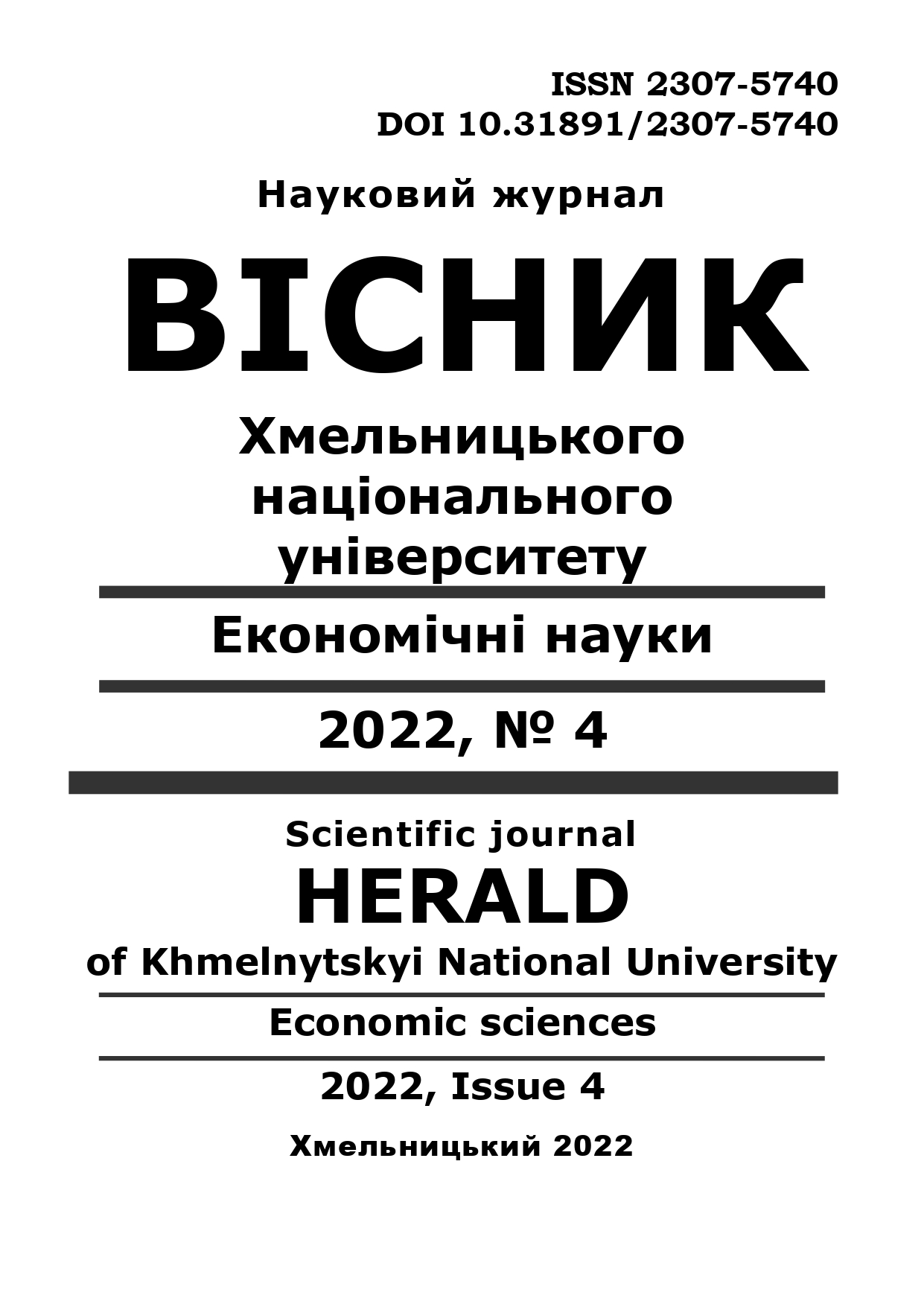DIGITALIZATION AS A KEY DIRECTION OF DIGITAL DEVELOPMENT
DOI:
https://doi.org/10.31891/2307-5740-2022-308-4-7Keywords:
digitalization, digital development, digital transformation, digital economy and society index (DESI)Abstract
The article examines the phenomenon of digitalization as a key area of digital development. It is established that digitalization is a digital transformation of life, society and business. This is a very important process in terms of active technology development. It is noted that the essence of digitalization is the digitization of services, trade, documents and all spheres of life. Prerequisites for the formation and effective functioning of a competitive environment should be the absence of discrimination and equality of all agricultural businesses and certain segments of the agricultural market. In this way, people will be able to carry out all the necessary processes in electronic format: buy goods, take out insurance, receive documents, etc.
It is emphasized that since 2014 the European Commission has been monitoring the digital progress of member states by calculating the Digital Economy and Society Index (DESI). DESI 2021 indicators are analyzed and it is established that the progress achieved in the EU member states in digital development in such areas as human capital, broadband, integration of digital technologies by enterprises and digital technologies, public services is monitored. All Member States have made progress in digitalization, but the overall picture for Member States is ambiguous, and despite some convergence, the gap between EU leaders and countries with the lowest DESI remains significant. The most significant progress compared to last year can be seen in Ireland and Denmark, followed by the Netherlands, Spain, Sweden and Finland. These countries also perform well above the EU DESI average, based on their DESI 2021 scores. In general, Denmark, Finland, Sweden and the Netherlands have the most developed digital economies in the EU, followed by Ireland, Malta and Estonia. Romania, Bulgaria and Greece have the lowest DESI rates. Despite these improvements, it is clear that all Member States will need to make a concerted effort to achieve the 2030 targets set by the Digital Decade for Europe.
It is established that Ukraine is only taking the first steps in this new reality. The positive thing is that we are moving. On the negative side, these steps are often carried out according to standards that are incomprehensible to EU countries, and integration with which is another strategic goal of Ukraine.


